Ever feel like you’re drowning in a sea of note-taking apps? I’ve been there. The allure of a shiny new app promising to revolutionize your productivity can be irresistible. But, let’s be honest, many of these apps end up collecting digital dust. Let’s talk about five of those note-taking apps that often end up in the digital junkyard.
1. Microsoft OneNote
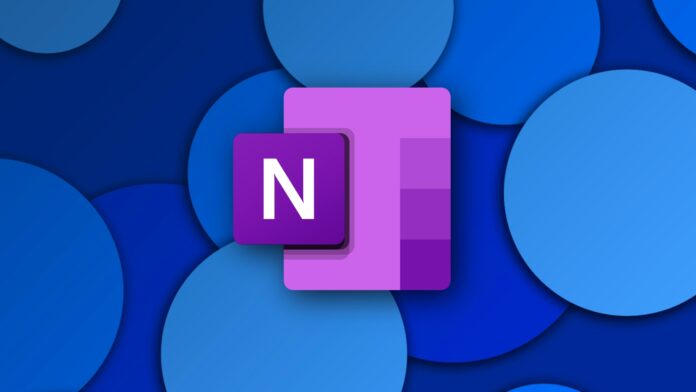
Ah, OneNote. It’s got everything—integrations, endless features, and a familiar Microsoft interface. I remember downloading OneNote with high hopes. The endless digital notebooks and sections seemed perfect for organizing my chaotic mind.
But, it turned out to be overwhelming. The cluttered interface and sheer number of options made me long for simplicity. It’s like that versatile tool you buy and never use because it’s too complicated.
For those seeking a more minimalist and secure option for sharing notes, online notes might be worth considering. It offers a straightforward way to send encrypted, self-destructing messages, which can be an appealing alternative for quick, confidential note sharing.
2. Evernote
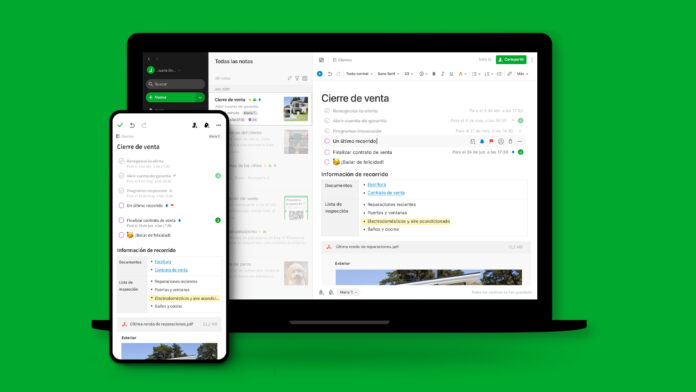
Evernote was once the king of note-taking. With its web clipper and tag system, it seemed like the perfect tool. However, the premium paywall and constant changes to its interface started to bug me. The free version is too limited, and let’s not talk about the synchronization issues. It’s like an old friend who’s changed so much you barely recognize them.
3. Google Keep
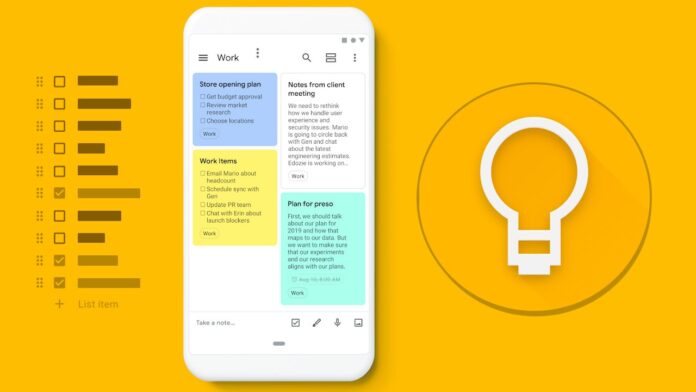
I loved Google Keep for its simplicity and colorful notes. It’s perfect for quick thoughts and reminders. But, for serious note-taking, it falls short. There’s no real organization system beyond labels and colors, which can get messy fast. It’s great for grocery lists but not for in-depth projects. So, there it sits, an app with potential, gathering digital dust.
4. Bear
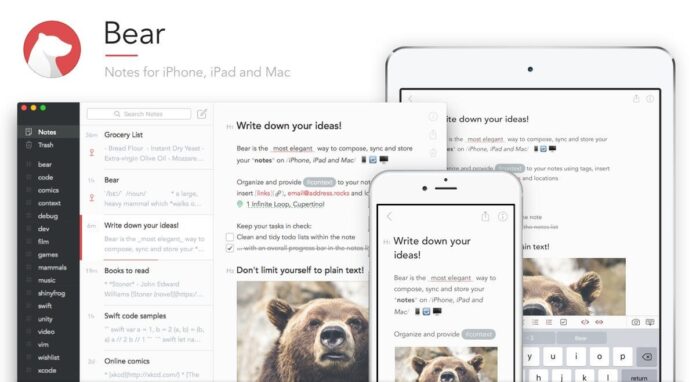
Bear is beautiful and has a delightful interface with its markdown support. For Mac and iOS users, it’s a dream. I thought it would be the perfect blend of simplicity and power. But, being tied to Apple devices is a huge limitation. I need my notes across all platforms, and Bear’s exclusivity made it less appealing. Plus, the subscription model can be a turn-off.
5. Notion
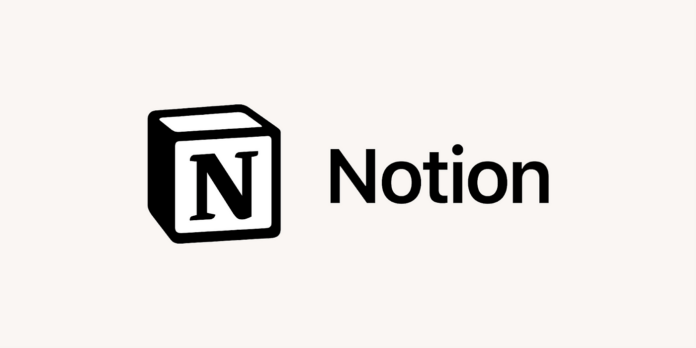
Notion is the new kid on the block, and everyone seems to love it. It’s an all-in-one workspace with databases, notes, tasks, and wikis. I jumped on the Notion bandwagon, hoping it would be my ultimate productivity tool.
Yet, its steep learning curve and the time needed to set it up became too much. It’s powerful, yes, but it requires dedication. Now, it’s just another icon on my desktop, waiting for its turn.
Why They Gather Dust
- Complexity Over Simplicity: Sometimes, the vast features make them harder to use.
- Cost: Premium features hidden behind paywalls can be discouraging.
- Platform Limitations: Apps tied to specific platforms are less flexible.
- Overwhelming Interfaces: Too many options can paralyze rather than help.
- Personal Preferences: Sometimes, an app just doesn’t fit your workflow.
Alternatives That Stick
- Simplenote: True to its name, it’s simple and effective.
- Apple Notes: For those in the Apple ecosystem, it’s integrated and easy.
- Obsidian: Great for those who love markdown and local storage.
Final Thoughts
Choosing the right note-taking app is a personal journey. What works for one person might not work for another. The apps I mentioned have their strengths, but they didn’t fit my needs. They’re powerful tools in their own right, but sometimes, simplicity wins. What about you? What note-taking app works best for your needs? Let’s chat in the comments below.







